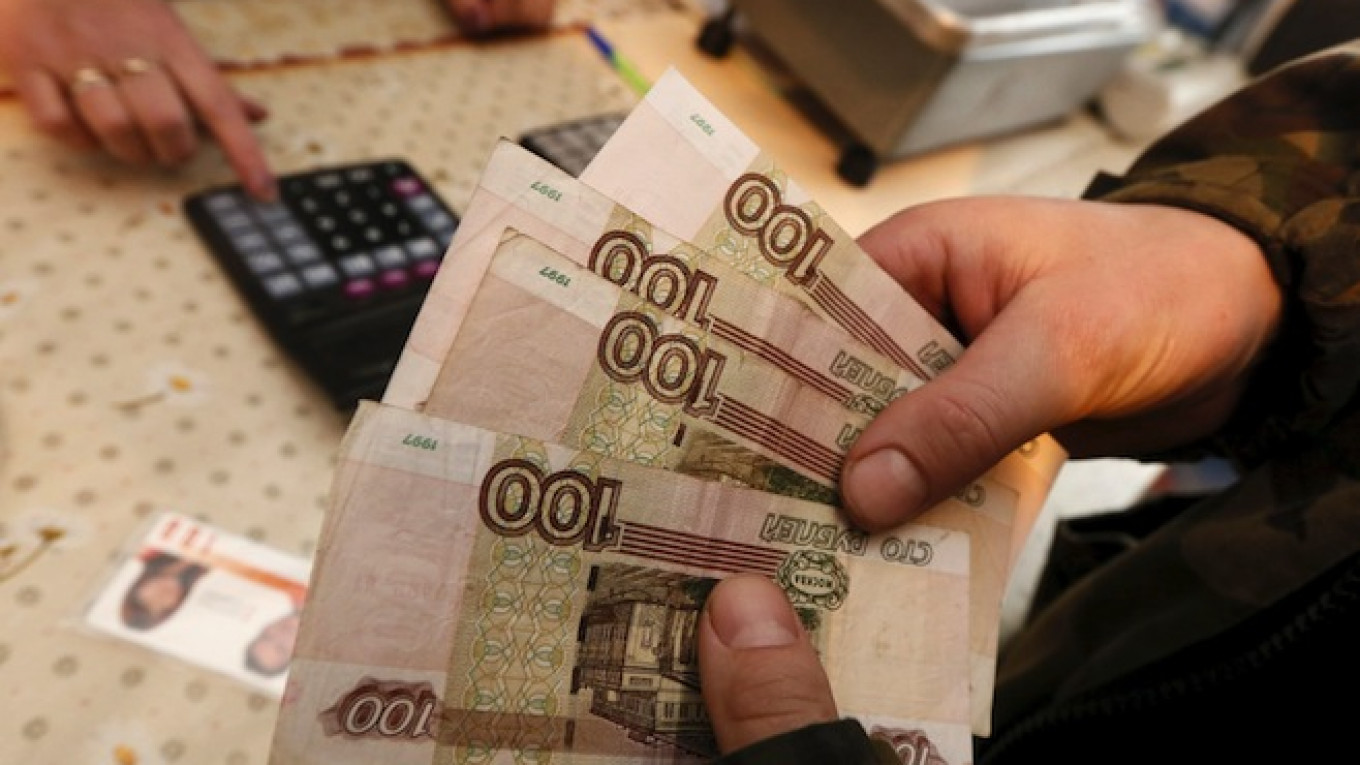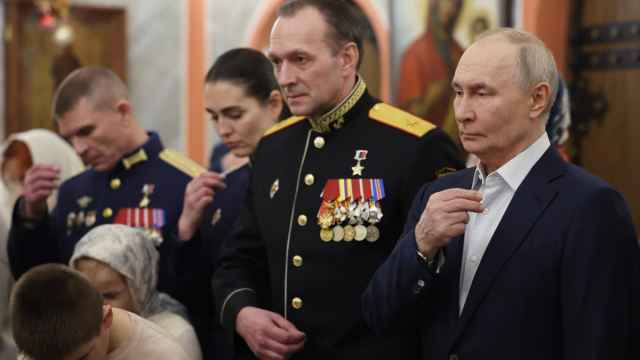Emerging market currencies strengthened on Monday, getting help from a weaker dollar. A small bounce in oil prices boosted the Russian ruble.
The ruble rose 1 percent off five-month lows against the dollar as oil prices rose a similar amount after a 5 percent drop on Tuesday.
South Africa's rand and Turkey's lira both gained around half a percent as the dollar index weakened 0.2 percent.
Asian currencies also strengthened, following the Australian dollar after the central bank left interest rates unchanged but dropped its usual reference to a further decline in the currency being necessary.
"In emerging markets broadly, there are bottom-up issues such as concerns about Chinese growth and the crisis in Russia, but top-down, the argument is about commodity prices, which are at multi-year lows — whether oil or copper," said Thomas Harr, head of research at Danske bank in Copenhagen.
MSCI's broadest emerging market stock index traded higher while mainland China indexes closed up as much as 3.7 percent after Beijing ramped up its crackdown on short-selling.
China's regulator introduced rules making it harder for speculators to profit from hourly price changes and some of the nation's major brokerages suspended their short-selling businesses.
The Athens index lost 2.5 percent after diving 16 percent on Monday, when it reopened after being closed for five weeks. But some non-financial stocks rose in early trade.
Polish, Hungarian and Czech stocks all losing ground after solid economic data boosted them in the previous session.
Romanian stocks rose 0.5 percent as investors awaited the outcome of a central bank meeting that is likely to keep rates at a record low 1.75 percent. Many expect rates to remain at that level through the first quarter of 2016.
The Polish central bank finished cutting rates in March and Hungary ended cuts last month, as expectations grew that the U.S. Federal Reserve will start to raise rates later this year.
Currencies across the region were little changed against the euro. The Czech crown reached 27.02 to the euro, near the central bank's cap on its value of "close to" 27 per euro.
In Serbia, the currency traded unchanged after the central bank on Monday sold dinars on Monday to curtail its strengthening.
A Message from The Moscow Times:
Dear readers,
We are facing unprecedented challenges. Russia's Prosecutor General's Office has designated The Moscow Times as an "undesirable" organization, criminalizing our work and putting our staff at risk of prosecution. This follows our earlier unjust labeling as a "foreign agent."
These actions are direct attempts to silence independent journalism in Russia. The authorities claim our work "discredits the decisions of the Russian leadership." We see things differently: we strive to provide accurate, unbiased reporting on Russia.
We, the journalists of The Moscow Times, refuse to be silenced. But to continue our work, we need your help.
Your support, no matter how small, makes a world of difference. If you can, please support us monthly starting from just $2. It's quick to set up, and every contribution makes a significant impact.
By supporting The Moscow Times, you're defending open, independent journalism in the face of repression. Thank you for standing with us.
Remind me later.






